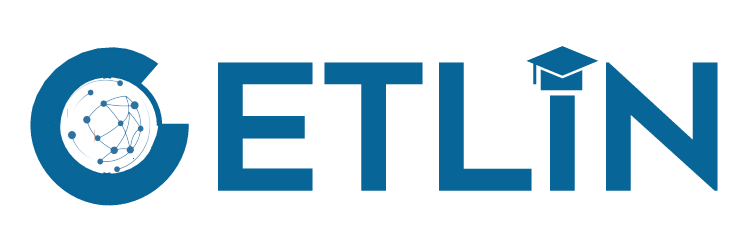National educational system
The Maltese Islands, geographically situated in the middle of the Mediterranean, are spread over an area of 316 square kilometres and have a population of around 400,000 inhabitants. The Ministry for Education and Employment (MEDE) is responsible for the administration, organisation and the financial resources in state schools at all levels of education. Moreover, the Ministry is empowered to monitor the functioning of schools within all three sectors – that is, state, church and independent. There are currently 158 schools in Malta, of which 68 are primary state schools, 32 are secondary state schools, 33 are church schools and 25 are private / independent schools. The number of teachers teaching at compulsory school level amounts to around 6,700 (National Statistics Office, 2011).
Compulsory education comprises six years of primary education and five years of secondary education. It is offered full-time and free in all state schools, but parents can opt to educate their children in church or independent schools. Around 39% of Malta’s primary and secondary school students are enrolled in church and independent schools. Education in church schools is free, while those parents sending their children to independent schools enjoy a number of tax-relief measures. All schools are obliged to follow the same National Curriculum Framework (NCF) launched in 2012, and to abide by all the regulations as listed in the Education Act (EURYDICE, 2011a).
At the end of their compulsory education, students can further their education and training in higher post-secondary and tertiary educational institutions (EURYDICE, 2011a). There are a number of post-secondary and higher education institutions in Malta, including the Malta College of Arts, Science and Technology (MCAST), the Institute of Tourism Studies (ITS) and University of Malta.
One of the most recent changes experienced by students and teachers stems from the launch of the policy document ‘For all children to succeed’ (Ministry of Education, Youth and Employment, 2005). By October 2005, a schools network system was set up wherein each state school forms part of a network with other schools, depending on their locality, and the whole network is called a College. The schools work in partnership with one another, share resources and create new practices within the specific context of their college. Each college (ten in all) has a legal and distinct personality, guided and administered by a College Principal (EURYDICE, 2011a). On considering this reform initiative, and others which took place in the last few years, one acknowledges that the Government has placed education as one of its highest priorities. These changes undeniably influence the continuing professional development of teachers. There is increasing pressure on teachers to develop learner-centred pedagogies focused on learning through experimentation, systematic thinking, problem solving, critical thinking and skills to effectively navigate in knowledge networks. More pressures are being put upon teachers to develop new responses to evolving social and community needs.
To join the teaching profession, candidates must be professionally qualified and hold a teachers’ warrant awarded by the Council for the Teaching Profession. Those intending to teach at the primary and secondary levels of compulsory education need to follow a tertiary level course at the Faculty of Education within the University of Malta. There are two teacher education courses provided by the University of Malta – the degree of Bachelor of Education (Honours) and the Postgraduate Certificate in Education (PGCE) for those persons who have a first degree not related to education and would like to take up teaching. Those subscribed to these courses will receive education and training particular to the area they intend to teach. As from September of 2016 the Faculty of Education will run a two-year Master’s degree course for those who want to pursue a career in teaching.
Teachers at the pre-primary, primary and secondary level of state education and in church schools are required to regularly engage in continuing professional development. They are bound by a collective agreement between the Government and the Malta Union of Teachers (MUT) obliging them to attend three-day sessions annually, for a total of twelve hours. Teachers in independent schools are not bound by this agreement but may still choose to attend sessions organised by the Directorates should they wish to. The In-service Education and Training (INSET) courses could also be held throughout the scholastic year, for a number of hours each week, not exceeding twelve hours during each scholastic year. Teachers may also opt to attend voluntary courses organised by the Directorates for Education. Teachers can engage in professional education by undertaking postgraduate courses, organised by the University of Malta and by the various institutions which offer distance education opportunities. Options for further qualification have been significantly widened in recent years, particularly thanks to an increase in the number of agencies for foreign universities, as well as academies and tuition centres for higher education.
